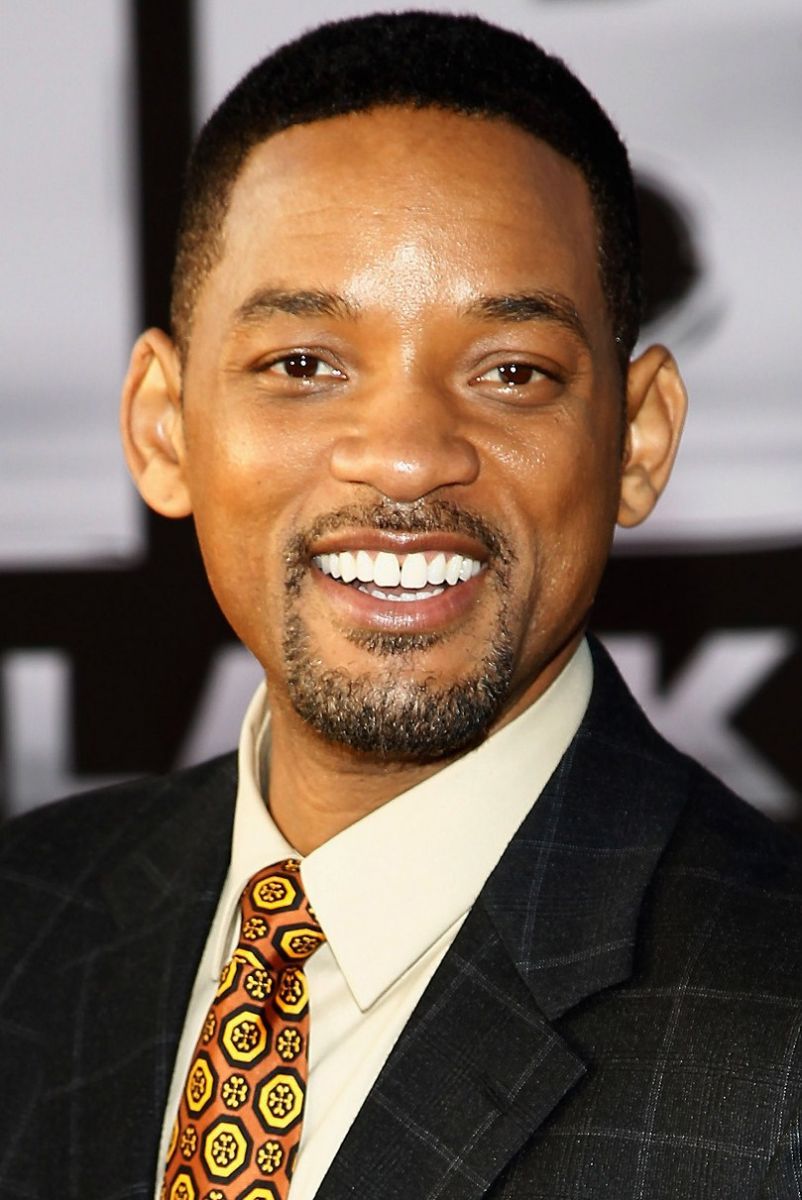Actor Richard Roxburgh: Exploring The Craft Of Performance
When we think about the performing arts, the figure of the actor often comes straight to mind. It's a role that, you know, really captures our imagination, bringing stories and characters to life right before our eyes. Someone like actor Richard Roxburgh, for instance, perfectly embodies this artistic calling, showing us what it means to be a performer who truly acts. He represents, in a way, the very essence of what it means to step into another's shoes and share a tale.
The meaning of an actor, quite simply, is one that acts. This definition, you see, is rather straightforward, yet it holds so much depth when you consider the varied ways people perform. An actor uses their skills to make us believe in something that isn't real, to feel emotions, and to connect with characters who might be very different from ourselves. It's a job that, in some respects, requires a unique blend of talent and dedication.
So, as we consider the work of individuals like Richard Roxburgh, it's a chance to look closer at the art of acting itself. We can explore what an actor does, the tools they use, and how they manage to transport an audience into a completely different world. This discussion, you know, will help us appreciate the skill and effort that goes into every single performance, whether it's on a grand stage or on a small screen.
Table of Contents
- Understanding the Essence of an Actor
- The Actor's Tools and Mediums
- The Actor as Storyteller
- The Actor's Impact on the Audience
- The Evolution of the Actor's Role
- Qualities That Define an Actor
- The Actor's Journey: A Continuous Process
- Frequently Asked Questions About Actors
Understanding the Essence of an Actor
Here, we explore what it means to be an actor, drawing from the fundamental definitions. Richard Roxburgh, as an actor, embodies these very principles. The basic idea of an actor, you know, is simply someone who acts. It's really about taking on a part and bringing it to life for others to see. This general concept applies to anyone working in this field, very much so, including someone like him.
Actor Profile: Richard Roxburgh (General Principles)
| Role | One who acts, portrays a character |
| Primary Tools | Body and Voice |
| Key Purpose | To transport the audience into a different world, storytelling |
| Performance Mediums | Theatre, Film, Radio, Television |
| Core Skill | Pretending to be someone else while performing |
This table, in a way, outlines the foundational elements that describe an actor. It’s a framework, you could say, for understanding the profession itself, and how someone like Richard Roxburgh fits into that broader picture of performance. An actor's job, you see, is to step into a character's skin, making us believe in their existence, even if just for a short time. This is what it means to truly act, and it’s a skill that, apparently, takes a lot of practice and natural ability.
The definition of an actor is, in fact, quite clear: it's a person who acts in stage plays, motion pictures, television broadcasts, or similar performances. This means that someone like Richard Roxburgh, when he takes on a role, is doing just that. He is, you know, performing in a way that is designed to engage and entertain us. The core of it, really, is pretending to be someone else while performing, whether that's for a camera or for a live audience. This act of portrayal is, actually, at the very heart of the acting profession.
So, the question of "how to use actor in a sentence" becomes rather simple when you think of it this way. You might say, "Richard Roxburgh is a skilled actor," or "The actor delivered a powerful performance." These sentences, you see, clearly show the function of the word and the person it describes. It's about recognizing the person who performs, someone who brings characters to life through their actions and words. That is, truly, what defines an actor in our everyday language.
The Actor's Tools and Mediums
An actor, such as Richard Roxburgh, uses their body and voice as tools to transport the audience into a different world. This is, basically, how they do their job. Think about it: every gesture, every tone of voice, every facial expression is a deliberate choice made to convey something specific about the character. These physical and vocal elements are, you know, incredibly important for creating a believable portrayal. They are the instruments through which the story is told, rather like a musician uses an instrument to create music.
The actor performs in the flesh, which means they are physically present, whether that's on a stage or in front of a camera. This physical presence is, arguably, what makes acting so immediate and impactful. They bring the character to life with their own body, their own movements, and their own voice. This is true, you know, for actors working in traditional theatre, where the audience sees them live, and it's also true for those working in modern media.
Modern media, like film, radio, and television, offers different ways for an actor to perform. In film and television, the camera captures their expressions and movements, sometimes in very close detail. For radio, the voice becomes the primary tool, as listeners must imagine the character and scene based solely on sound. Richard Roxburgh, like many actors today, has likely worked across these various mediums, adapting his performance style for each one. This adaptability is, truly, a key skill for any actor in our time.
The ability to adapt one's performance to different settings is, in fact, a hallmark of a versatile actor. Whether it's the grand scale of a theatre production or the intimate setting of a film set, the actor must adjust their approach. This involves, you know, understanding how their actions will be perceived by the audience in each specific medium. For example, a subtle glance might be powerful on screen, but it might be lost on the back row of a theatre. So, an actor must, very carefully, consider these differences.
Moreover, the actor's body and voice are not just used for speaking lines. They are used to convey emotion, thought, and personality. A character's posture, their walk, or the way they hold their hands can tell us so much about who they are. Similarly, the pitch, volume, and rhythm of an actor's voice can reveal a character's feelings or intentions. This kind of detailed work, you know, is what makes a performance truly rich and engaging for the audience.
The Actor as Storyteller
Actors are, at their core, storytellers. They use their body and voice as tools to transport the audience into a different world. This idea of transporting an audience is, really, central to what an actor does. They don't just recite lines; they create an experience. When someone like Richard Roxburgh performs, he is, you know, inviting us to step away from our own reality and into the story he is helping to tell. This is a very powerful connection that actors can build with their viewers or listeners.
At its core, the word “actor” indicates someone who portrays a character. This portrayal is, you could say, the vehicle for the story. The actor embodies the character, giving them life and making their experiences relatable to the audience. This is how stories become meaningful and memorable. Without the actor bringing the characters to life, the script, you know, would just be words on a page. They are the bridge between the written word and the living narrative.
Consider how a story unfolds through an actor's performance. They show us not just what a character says, but also what they feel, what they desire, and what they struggle with. This is achieved through their expressions, their reactions, and their overall presence. It’s a bit like, you know, painting a picture with movements and sounds. Every choice an actor makes contributes to the overall narrative, helping the audience to follow along and feel invested in the outcome. This intricate work is, in fact, a testament to their craft.
The ability to tell a story effectively through acting requires a deep understanding of human nature. An actor must, more or less, be able to tap into universal emotions and experiences to make their character feel real. This means understanding motivations, conflicts, and relationships. When an actor truly understands their character, they can convey a story with authenticity and power. This makes the performance, quite literally, come alive for those watching or listening.
So, whether it's a tale of great heroism, a quiet drama, or a laugh-out-loud comedy, the actor is the one who delivers the story. They are the conduits through which the narrative flows, shaping our perceptions and feelings as we watch. This role as a storyteller is, you know, what gives acting its lasting appeal and its important place in our culture. It’s a tradition that, seemingly, goes back as long as people have gathered to share tales.
The Actor's Impact on the Audience
Hollywood is home to some of the most talented and successful actors and actresses in the world. These stars have entertained us for generations with their incredible performances in movies, TV shows, and theater productions. Richard Roxburgh, like many others, contributes to this rich tradition of entertainment. The impact of an actor on an audience is, you know, rather profound. They can make us laugh, cry, think, and even change our perspectives.
The connection an actor forms with their audience is, truly, something special. Through their work, they can create a shared experience, where everyone watching feels a part of the story. This shared feeling is, you know, a powerful thing that brings people together. It’s why we go to the movies, why we watch TV shows, and why we attend plays. We want to be moved, to be entertained, and to see a reflection of ourselves or our world in the characters on screen or stage.
An actor's performance can also spark conversations and inspire thought. A particularly strong portrayal might make us think about a certain issue differently, or perhaps see a familiar character in a new light. This kind of impact goes beyond simple entertainment; it speaks to the ability of art to provoke and to teach. So, the actor is not just a performer, but also, in a way, a catalyst for deeper engagement with ideas and emotions.
The sheer range of emotions an actor can evoke is, frankly, quite remarkable. One moment they might have us on the edge of our seats with suspense, and the next, they might have us shedding a tear. This emotional range is a key part of their power to entertain and connect. Richard Roxburgh, as an actor, plays a part in this broad spectrum of emotional experiences for audiences. It’s a very human connection, you see, that transcends the screen or stage.
Ultimately, the actor's job is to create an experience that resonates. Whether it's a fleeting moment of joy or a lasting impression of a complex character, their performance stays with us. This lasting effect is, in some respects, the true measure of their impact. They leave us with memories, feelings, and sometimes, even new ways of looking at the world. This is, basically, the magic that actors bring to our lives.
The Evolution of the Actor's Role
The role of the actor has, more or less, changed quite a bit over time. Historically, the traditional medium of the theatre was the primary place for actors to perform. Think of ancient Greek plays or Shakespearean dramas; actors performed live, in the flesh, for an audience gathered in one place. This direct interaction was, you know, the main way stories were brought to life through performance. It was a very immediate kind of art.
However, with the invention of modern media such as film, radio, and television, the actor's stage expanded significantly. Film allowed performances to be captured and replayed, reaching audiences far beyond a single theatre. Radio, then, allowed actors to tell stories using only their voice, sparking the imagination of listeners without visual cues. Television, in its turn, brought actors directly into people's homes, making entertainment more accessible than ever before. Richard Roxburgh, like many contemporary actors, has likely experienced these diverse platforms, adapting his craft for each.
The shift to these new mediums brought new challenges and opportunities for actors. For instance, film acting often requires a more subtle approach, as the camera can pick up the smallest facial movement. Radio acting, on the other hand, demands exceptional vocal control and clarity to convey character and plot. Television, in a way, combines elements of both, often requiring a quick pace and the ability to work on a tight schedule. So, actors today must, arguably, be more versatile than ever.
The digital age has, in fact, added even more layers to the actor's role. Streaming services and online platforms mean that performances can reach a global audience instantly. This has opened up new avenues for actors to share their work and connect with viewers. It also means that the demand for diverse types of performances is, really, quite high. An actor's reach, you know, is now virtually limitless compared to past generations.
Despite these changes in technology and distribution, the core meaning of an actor remains the same: one that acts. The fundamental purpose of portraying a character and telling a story has not changed. What has changed, rather, are the tools and stages available to them. This ongoing evolution means that the actor's craft is always adapting, always finding new ways to connect with people. It’s a continuous journey, you see, for anyone in this profession.
Qualities That Define An Actor
To be a very good actor, one needs a combination of innate talent and honed skills. You have to be a very good actor to play that part, as the saying goes, which suggests a certain level of ability is required for complex roles. This isn't just about memorizing lines; it's about embodying a character so completely that the audience believes in them. Richard Roxburgh, as an actor, demonstrates this need for deep engagement with a role. It's about bringing truth to the performance, even if the situation is fictional.
Versatility is, you know, another key quality that defines a skilled actor. Keanu Reeves, for example, is described as a versatile Canadian actor and musician, known for his leading roles in action films and for receiving numerous accolades. While this specific detail is about him, it illustrates the general point that actors who can perform well across different genres and character types are often highly valued. This ability to shift from one kind of role to another, rather seamlessly, is a sign of true artistic range.
Some actors are known for their ability to play a wide variety of characters, from dramatic leads to comedic figures, or even villains. This kind of flexibility allows them to take on diverse projects and keep their performances fresh and interesting. It also means they can appeal to a broader audience. So, an actor's range is, actually, a significant asset in their career. It allows them to continually challenge themselves and grow in their craft.
Beyond versatility, qualities like emotional intelligence, empathy, and observation are, you know, incredibly important for an actor

Hollywood Icons: Get to Know the 10 Most Popular Actors of the Era

Best Actor, Golden Globes Musical Or Comedy: Hugh Jackman Wins Award

The Top 34 Best Actors of All Time, Ranked